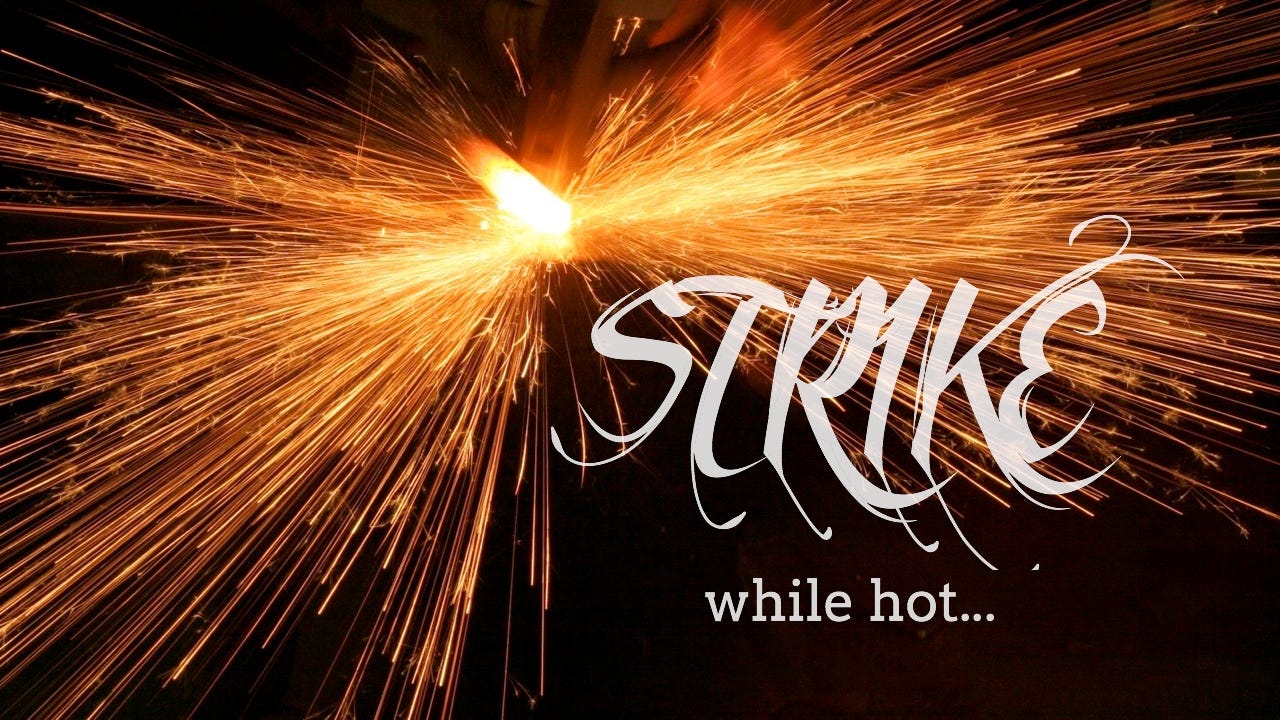- Reaction score
- 9,483
- Points
- 1,160
An oldie but goodie - as a reminder that this is not new. We have been doing this to ourselves for quite a while.
https://en.wikipedia.org/wiki/Mackenzie_Valley_Pipeline
I was discussing the Mackenzie Valley Pipeline in class in High School.
I was facing retirement when it was approved.
Surprisingly the world had changed.
Canada, apparently, does not know how to make decisions. We never miss an opportunity to miss an opportunity. (The downside of Presbyterianism - typified by fractious debate).


The prospect of a pipeline bringing the natural gas to North American energy markets was originally analyzed in the 1970s with the Mackenzie Valley Pipeline Inquiry. During that inquiry, Justice Berger heard testimony from diverse groups with an interest in the pipeline. The inquiry was notable for the voice it gave to the First Peoples whose traditional territory the pipeline would traverse. Berger stated that a pipeline should be postponed for 10 years, estimating that it would take this long for land claims to be settled and for First Peoples to be ready for the impact of such a project.[3] Before the Trudeau government could act on Berger's report, it was defeated at the polls in 1979. The short-lived government of Joe Clark also failed to act on the report. When the Liberal government was re-elected in 1980, it approved construction of an oil pipeline from Norman Wells to Zama, Alberta, through Dehcho territory where land claims have yet to be settled.
Exploration continued at a steady pace and by 1995 there were over 1,900 wells above the 60th parallel. In addition, aboriginal groups settled numerous land claims. The Inuvialuit settled the first land claim in 1984, followed by the Sahtu and Gwichʼin. By the late 1990s, companies once again seriously considered a pipeline. The Canadian government sold mineral claim rights, leading to C$400 million in bids and over C$1 billion in work commitments.
With the first wave of land claims settled, negotiations began between oil and gas companies and local aboriginal groups. These negotiations proved successful in October 2001, when ConocoPhillips, Shell, ExxonMobil, and Imperial Oil signed a Memorandum of Understanding with the Aboriginal Pipeline Group. The APG was formed to represent the Inuvialuit, Sahtu, and Gwichʼin. The Memorandum of Understanding offered the APG a financial stake in the pipeline.[4]
On June 19, 2003 the Aboriginal Pipeline Group, and TransCanada Corp. signed an agreement giving the aboriginal groups of the Northwest Territories one-third ownership of the pipeline project.[5]
On 11 March 2011, the Mackenzie Valley pipeline was granted federal cabinet approval. The National Energy Board granted a Certificate of Public Convenience and Necessity.[6]
By 2016, the projected cost of the pipeline had grown to almost $16 billion.[2] Due to a combination of factors such as the growing extraction of cheaper natural gas sources in North America and the regulatory approval far outpacing the expected timeline, the joint-venture partnership lead by Imperial Oil announced the abandonment of the project in 2017.[2]
https://en.wikipedia.org/wiki/Mackenzie_Valley_Pipeline
I was discussing the Mackenzie Valley Pipeline in class in High School.
I was facing retirement when it was approved.
Surprisingly the world had changed.
Canada, apparently, does not know how to make decisions. We never miss an opportunity to miss an opportunity. (The downside of Presbyterianism - typified by fractious debate).



